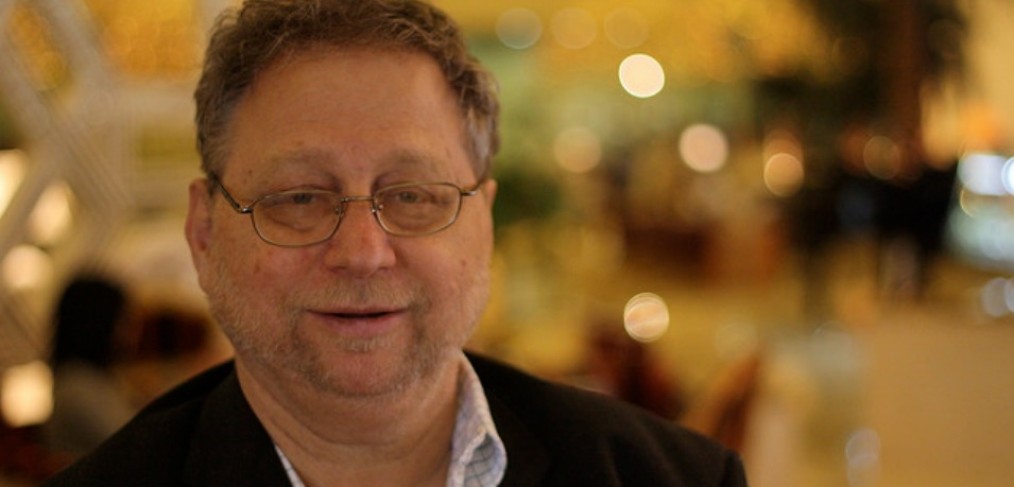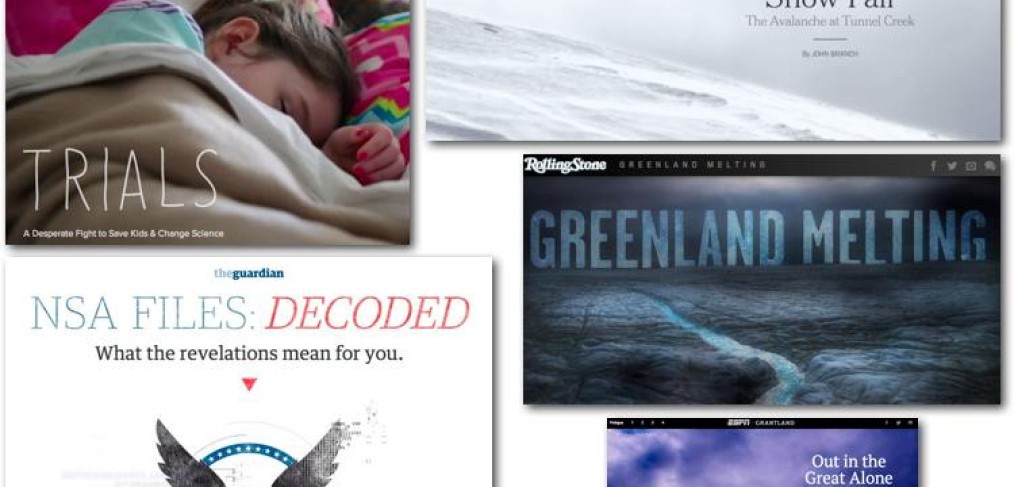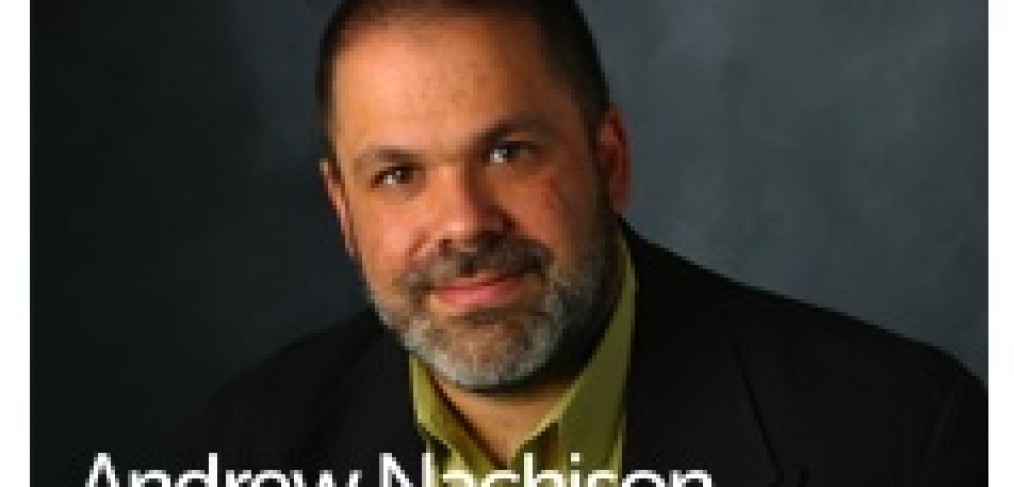If Danny was in the room, you knew it. I was asked, more than once, “Who is that guy?” He never shrank into the background. He sat up front, always had something to say and usually wanted to be the first and last word.
The band used the life-on-speed app from Instagram for a fast but steady ride around Chicago.
In the networked culture, it’s worth remembering: images reveal what happened, but don’t necessarily explain it.
A woman who thinks no one is watching undresses, changes clothes, transforms herself. A surveillance camera captures the moment.
You’d think TIME magazine’s Future of Invention workshop would give Washington its due. But only Ron Burgundy asked the right question: “Where is everyone?”
Showpiece productions like the recent NSA Files from The Guardian and last year’s Snowfall from the New York Times offer hope for the future of news. They are part of a micro-burst of experimentation that hints at what the next generation of digital news products could look and feel like every day.
Malcolm Gladwell, popular and controversial New Yorker writer and A-list business guru, confesses in a podcast from Longform: “I am everything I once despised.”
Data journalism sits at the heart of the movement toward increased government transparency, open data and accountability. But the role of the media in this equation – and of free speech – is too often overlooked.
I believe in the social purpose of journalism. I believe in the financial one, too. Mostly, I believe in viable news organizations as vital instruments for knowledge and change, both here and throughout the world.
Adjustments to U.S. tax policy should make it easier for social entrepreneurs and philanthropies to launch and finance non-profit journalism startups. Good luck to them. Raising capital and sustaining news startups, regardless of tax status, will still be difficult.
The experience at the extraordinary Hunt Library is so encompassing, so collaborative that it’s apt to make gatekeepers everywhere a little uncomfortable. So complete is the remaking that traditionalists and visionists alike wonder if The Hunt should even be called a library.
Incrementally changing their broken business models won’t save legacy publishers. They need to build an audience-centric approach to serve their communities and make money.
Whimpers won’t save the news business. Our goal: reinvent it. Join us in an initiative that brings “the people formerly known as the audience,” social interaction and personal technologies to solutions that foster journalism, unify knowledge and profit the changemakers of an informed society.
Print newspapers need to go beyond breaking news coverage and headlines when they report big events because their readers know what happened long before the paper is printed.









